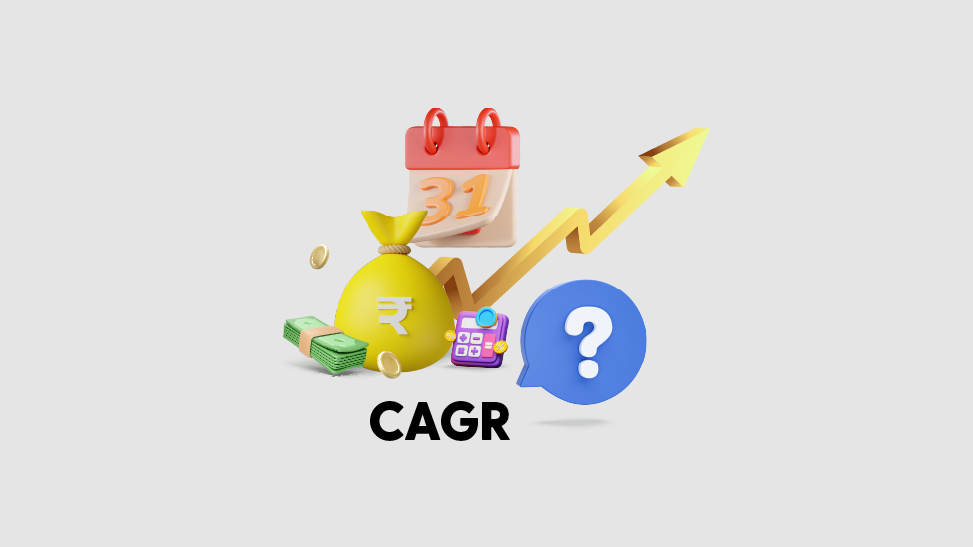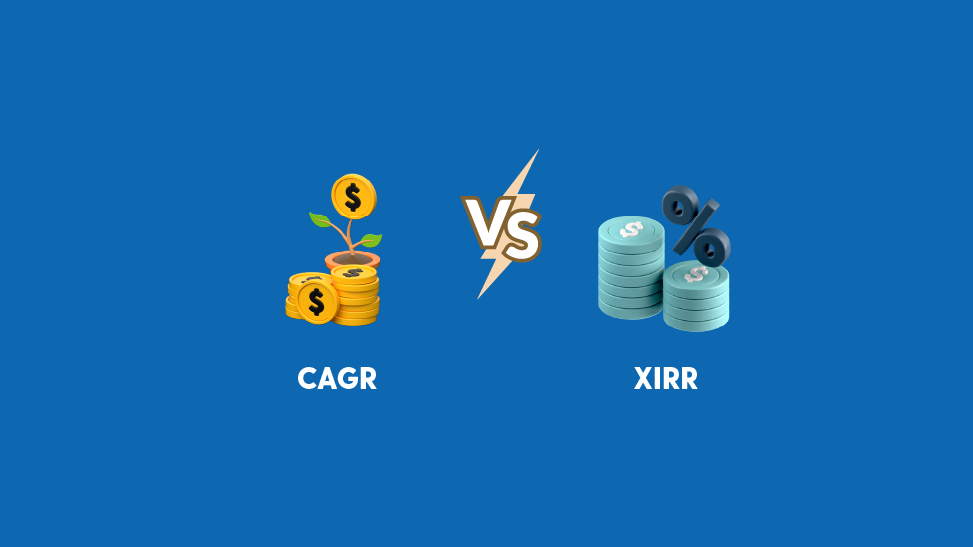CDSL DP Charges

- Published Date: February 17, 2022
- Updated Date: February 03, 2025
- By Team Choice
There are many changes that we have to make at the time of investing. Whenever the share is being traded, we have to give some charges. These charges are taken by our broker or the broker firm from which we have bought shares. There are some hidden and non-hidden charges in that sheet of charges.
DP Charges is one of that. A Depository that facilitates the holding of securities is found in electronic form. Additionally, this depository facilitates securities transactions to be processed by entry.
In simple words, we can state, “When we trade for shares digitally these shares are stored in the Depository facilitates.” In India, there are two Depository facilities. And one of these facilities is CDSL. When we register ourselves for trading in the stock market. We got a demat account. Every share we purchase they are stored in our demat account.
Only Depository Facilitates are authorised to give demat accounts. Hence, whether or not we are doing investments with a broking firm, our shares will be held within one of these Depository facilities. Let’s understand DP charges meaning.
What Are CDSL DP Charges?
Firstly, let’s understand DP charges full form, the DP charges stand for Depository Participant. Usually, DP is taken when the shares are sold. DP charges are inclusive, hence can not be found within the current notes. Depository Participants are the earnings of the depositories and the fellows who work in them.
In a nutshell, DP charges are the small fees that have been taken at the time when the share has been sold. DP charges are taken by the depository and stock broker.
Depository participants levy four sorts of fees or charges for a demat account transaction. Namely, account opening fee, annual maintenance fee, custodian fee, and transaction fee.
Open a FREE Demat Account in 5 Mins.
- Free AMC for First Year
- Low DP Charges (₹ 10)
- No Auto Square Off Charges
- Free Research Advisory
Types Of CDSL DP Charges
DP charges are not taken only by the depository facilitates. If the broker wants, it can also charge some amount in DP charges. Hence, DP charges can be classified into two types.
CDSL DP Charges Taken By Depositories
Depository of which we take facilities from them they charge us a certain amount of money. These charges are taken per selling day and per company. In India, CDSL charges 5.50 Rs. per company per selling day.
Hence, if we sell 1 share or 10,000 shares of a certain company CDSL charges 5.50 RS.
CDSL DP Charges Taken By Brokers
Every broking company charges us some sort of amount as DP charges. However, it’s completely on them to charge DP fees or not. DP charges taken by individual brokers or broking firms differ from broker to broker. Hence, there aren't fixed charges generally. DP charges are usually taken when the broking firm is taking low broking charges.
A stockbroker needs to grow to be a depository participant to provide a Demat account to customers. Moreover, they need to pay a membership charge to NSDL or CDSL, to the tune of lakhs in conjunction with several other constant expenses and additionally advanced pay as you go transaction charges. The brokers bypass those prices to their customers by way of an additional price to reclaim these expenses.
FAQs On CDSL DP Charges
Q.1: Which CDSL DP Charges are high?
Ans: DP charges are commonly high as they're the only supply of income for the depositor and its participant. As stockbrokers inclusive of IIFL charge an otherwise negligible fee on various particular making and investment services, DP price is the one charge that is levied on the traders with the aid of the depositories in addition to its individuals.
Q.2: Are DP charges applicable for intraday trading?
Ans: No, you do not must pay DP charges on intraday buying and selling. DP charges are most effectively relevant on shipping, buying, and selling. But, you'll have to pay the relevant brokerage when you execute an intraday change.
Q.3: How to keep away from DP fees?
Ans: You may avoid DP prices with the aid of executing an intraday alternate, taking part in BTST trading, or creating a Futures trade. In case you are turning in your stocks on your Demat account, you'll have to pay DP prices whilst you sell your stocks.
Q. 4: What is a depository?
Ans: a depository is an organization that functions as a bank for securities (stocks, debentures, securities, bonds, and mutual funds). It holds securities in digital format on behalf of the investor and provides services related to safety transactions.
In India, NSDL and CDSL are the 2 central depositories, and every dealer is a member of 1 via which it gives Demat offerings to investors.
Q. 5: Who are depository participants?
Ans: Depository participants are stockbroking corporations that provide investors with investment and depository services.
Wrapping Up
- DP fees constantly continue to be equal, irrespective of the variety of stocks offered.
- You could usually contact your stockbroker to gain clarity on the DP charges.
- It is continually smart that you realise the DP charges meaning in advance and then go beforehand with selling your shares.
- If you are planning to invest in the stock market, you should remember DP expenses and the way they could influence your income margin in the long run.
- DP charges stand for Depository Participant.
- DP charges are the small fees that have been taken at the time when the share has been sold.
- DP charges are taken by the depository and broker.
- If the broker wants, it can also charge some amount in DP charges. Hence, DP charges can be classified into two types.
- DP Charges Taken By Depository Facilitates
- DP Charges Taken By Brokers
- DP charges are commonly high as they're the only supply of income for the depositor and its participant.
Recommended for you

Compound Annual Growth Rate (CAGR): Your Complete Guide

CAGR Vs XIRR: Which One is Better

What is XIRR in Mutual Funds
